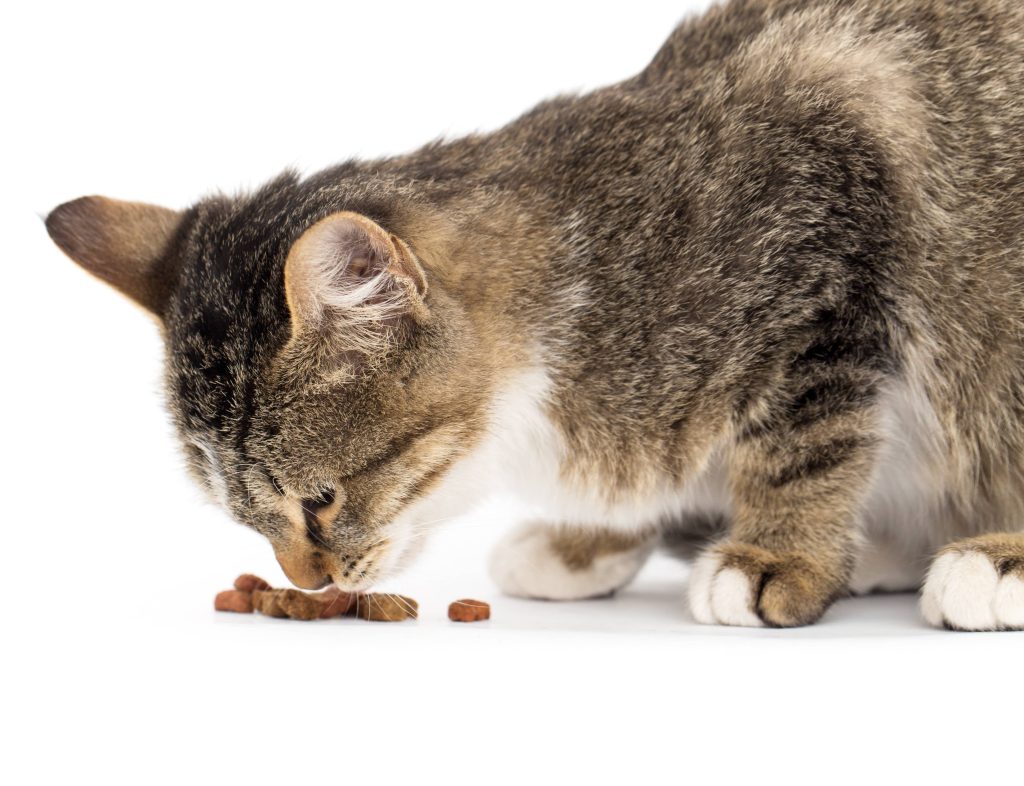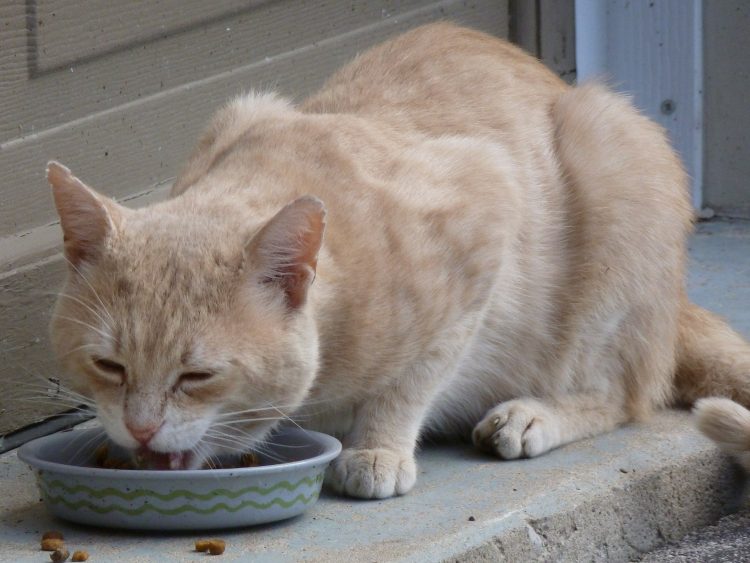Introduction
At dusk, as the world settles into quietude, our feline companions often break the serene atmosphere with their plaintive calls from the door. Understanding the reasons behind these midnight musings can help us better care for our pets and restore tranquility to our homes.
Hungry Hearts: The Call of Hunger
One of the most common reasons for a cat to howl at night is hunger. If your furry friend is vocalizing its wants, it might be an unmistakable message that its food bowl is empty. In such instances, a simple solution is to provide a nourishing meal, ensuring that your cat feels satisfied and content. Observing its demeanor after feeding can provide further insights into whether hunger was indeed the culprit.
Feline Boredom: A Cry for Play
Cats are playful creatures, and their nocturnal calls may arise from boredom. These agile beings thrive on stimulation, and when left without engaging activities, they may resort to vocalization as a form of communication. Providing a selection of interactive toys can channel this energy into playtime, transforming nighttime antics into joyful musings.
The Call of Nature: Mating Season
Another reason for your cat’s nighttime serenade could be the onset of estrus, commonly known as being in heat. During this period, female cats may vocalize more frequently, signaling their readiness to mate. If breeding is not in your plan, consider consulting with your veterinarian about spaying options, as this can mitigate not only the calls but also potential behavioral issues related to mating instincts.

A Matter of Comfort: Cleanliness is Key
Cats are notably finicky about their hygiene, and a dirty litter box can lead to discontent, prompting your pet to call out in search of assistance. Regularly maintaining a clean environment is essential for a cat’s happiness. Ensure that the litter box is cleaned before bedtime, providing your pet with a pleasant and inviting space for its needs.
Health Concerns: A Call for Help
If your cat is arching its back and crying, it may be expressing discomfort or pain. This distress could stem from various health issues, including gastrointestinal troubles or other underlying medical conditions. In such cases, it is crucial to take your cat to the veterinarian promptly. Early intervention can make a significant difference in the outcome for your beloved pet.
Desire for Freedom: The Great Outdoors
Cats are inherently curious creatures, and many may yearn to explore the great outdoors. If your cat is persistently vocalizing, it might be expressing a desire for freedom, feeling restricted by its indoor environment. Recognizing this need is essential; consider safe outdoor strategies, such as leash training or supervised outings.
Territorial Calls: Claims of Ownership
Sometimes, your cat’s cries are not about needs but rather a declaration of territory. If there are wandering or stray cats in the vicinity, your feline may vocalize to assert its dominance and protect its domain. Monitoring your home environment for intruders can help manage this behavior, ensuring your cat feels safe and secure in its territory.
Curbing Nocturnal Calls: Practical Solutions
Understanding the reasons behind your cat’s nighttime vocalizations is just the beginning; implementing effective strategies can help restore peace to your nights.
- Resetting the Biological Clock: Cats are naturally crepuscular, meaning they are most active at dawn and dusk. Engaging your cat in active play during the day can help tire it out by nightfall.
- Evening Feasts: Providing ample food before bedtime can mitigate nighttime hunger, reducing the chances of further disturbances.
- Cleanliness Matters: Consistently maintain a clean litter box; a small effort can go a long way in ensuring your cat’s comfort.
- Illumination for Safety: For cats with visual impairments or those who are nervous at night, employing night lights can reduce anxiety and help keep their nighttime calls to a minimum.
Conclusion
Understanding and addressing the reasons behind your cat’s nighttime calls can enhance your feline friend’s well-being and create harmony in your household. By paying attention to their needs and providing the appropriate care, you can enjoy peaceful nights while ensuring your beloved companion feels cherished and comfortable.























































